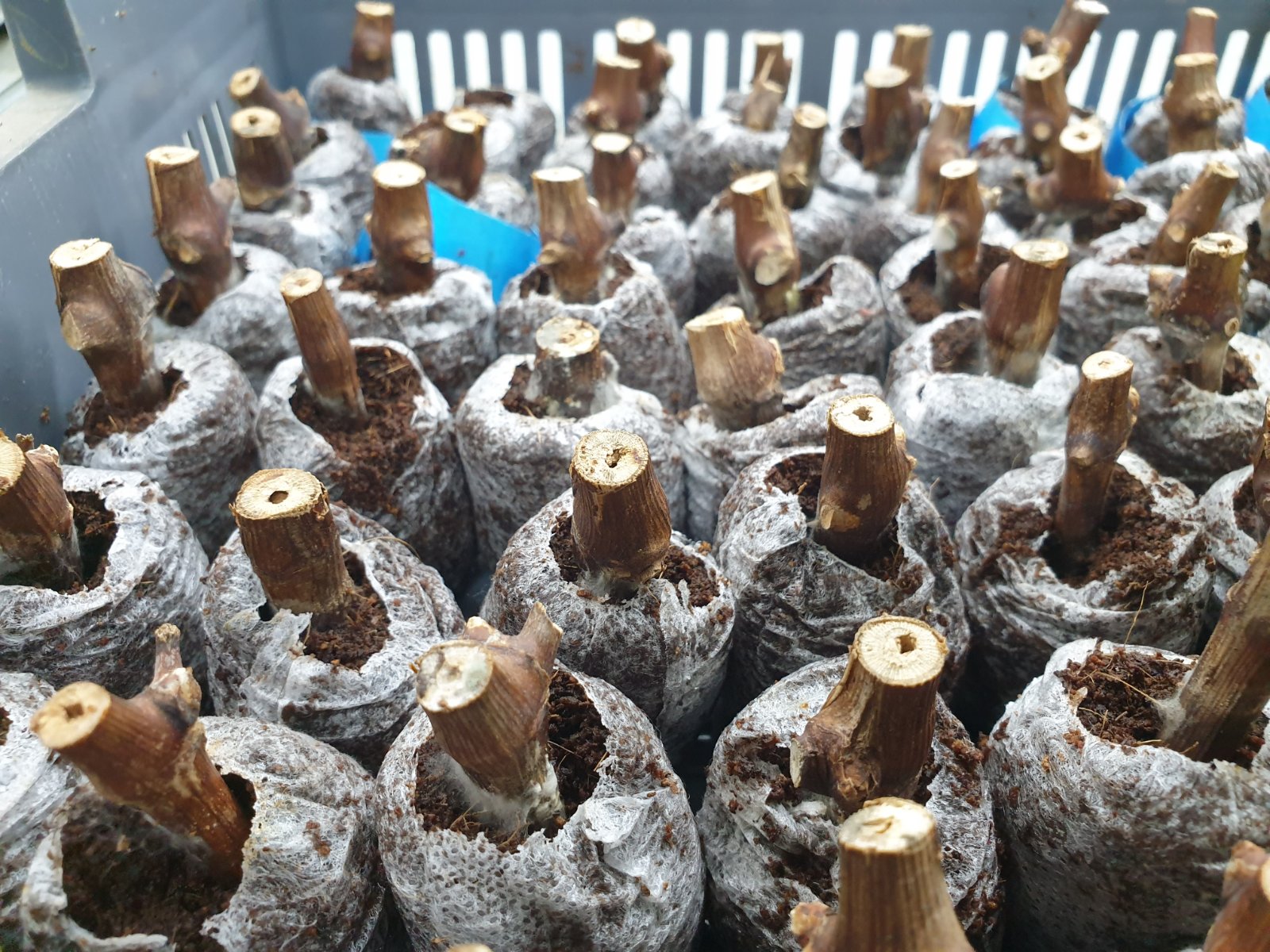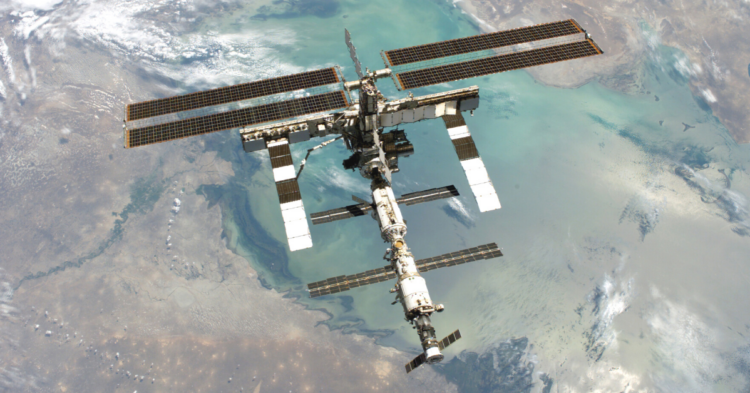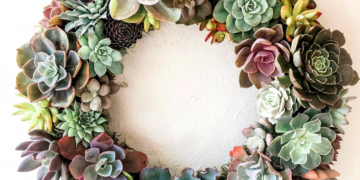One of the oldest known scientific endeavors in human history is the making of wine. People have been fermenting grapes and turning it into vino for thousands of years. So you’d think we’d have just about all our questions about wine answered by now, right?
Well, one of those questions probably didn’t pop up until at least the latter half of the 20th century because we hadn’t been to space yet. And even now, in 2021, we’ve only just answered the question of whether taking wine to space will have an effect on it, and that’s thanks to a rather bold, year-long experiment.
After 438 days aboard the International Space Station, a dozen bottles of fancy French wine and over 300 vine cuttings returned to Earth full of information.

Although they touched down in January, the bottles were only recently opened for a tasting to see how, if at all, the time spent in microgravity orbiting the planet had affected the wine.
And it was indeed a high-end vintage — the bottles in question contained Château Pétrus 2000, which retails for about 5,000 euros per bottle (about $5,885 U.S.).
Unpacking the effects of space on wine will be a process, but there have been some preliminary findings that are startling.

To find out just what changed about the wine, European start-up Space Cargo Unlimited — which arranged the experiment — gathered a panel of 12 expert tasters and let them do their thing with the space wine, including a blind taste-test alongside bottles of the same vintage that had remained Earth-bound.
While each taster reportedly had individual reactions to the space wine, several said they could taste a definite difference between it and the terrestrial wine, as well as seeing a color difference.
One expert felt that the wine that had been to space had aged more than the one on Earth.

Jane Anson, an expert taster who writes for Decanter , told Euro News that “They were both absolutely gorgeous, but again following the color, the one that had remained on Earth for me was still a bit more closed, a bit more tannic, a bit younger. And the one that had been up into space, the tannins had softened, the side of more floral aromatics came out. They were both beautiful.”
One of the other experts was less certain. “For me, the difference between the space and earth wine … it wasn’t easy to define,” Franck Dubourdieu, a Bordeaux-based wine expert, told AP News .
Changes to the vine cuttings were a bit more clear, however.

Even without the advantages of terra firma to grow in, regular sunlight and seasons, and with limited water, the vines taken up to the ISS grew faster than those on Earth.
While the researchers on the project aren’t yet sure why a trip to orbit had such effects on both bottled wine and on the vines that grow the grapes, they believe the results will help in a few different areas, such as finding ways to grow and cultivate grapes and age wine faster here on Earth.
One of the other concerns is developing hardier, sturdier vines.

Vines that have been exposed to the stresses of space may be better able to resist things like disease and climate change, the researchers believe.
“When you expose wine, when you expose cells, plants to an environment without gravity…we create tremendous stress on any living species and this stress accelerates some of the natural progression,” Space Cargo Unlimited’s CEO and co-founder, Nicolas Gaume, told Euro News. “The idea is that what is able to resist the stress, the lack of gravity, will be better equipped, more resilient in the face of stresses such as climate change which leads to more salty soils due to the lower content of water and also higher temperature variations.”
And although the wine and the vines are back on Earth, the science will continue.

The privately-funded experiment will continue, with the space specimens being examined in more detail to find any chemical or biological changes to the wine or the vines, and the vines will be exposed to even more stresses, such as mildew strains that challenge the plants, or to drought-like conditions.
Space Cargo Unlimited also has another experiment lined up to take place on the International Space Station next year.
h/t: Euro News

















































